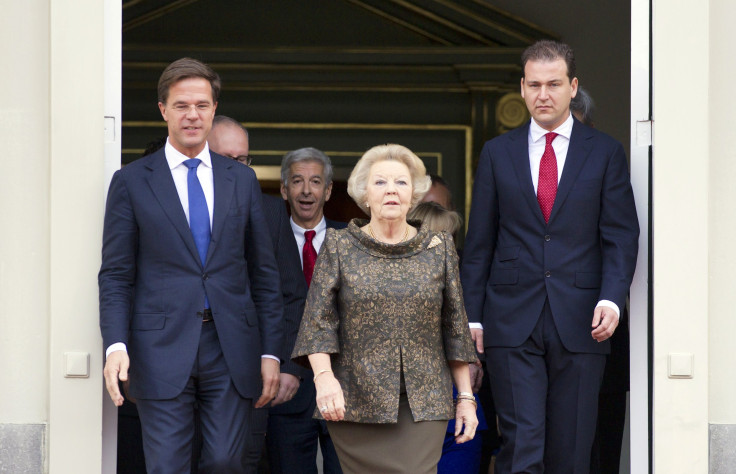Is Turkey Safe? Dutch Warn Citizens Over Turkey Travel Amid Erdogan Nazi Comments

The Netherlands warned its citizens against traveling to Turkey Monday amid the two countries' ongoing dispute over two Turkish ministers being barred from addressing political rallies in the Dutch city of Rotterdam. Tensions between Ankara and the Hague flared last week when Dutch authorities prevented Turkish officials from attending the Saturday rallies, which were aimed at encouraging Turks living in Europe to vote in a pivotal referendum in Turkey, according to BBC News.
"Since 11 March, 2017 there have been diplomatic tensions between Turkey and the Netherlands. Stay alert across the whole of Turkey and avoid gatherings and crowded places," the Dutch foreign ministry warned in statement Monday.
Read: Syrian War Over? Assad Winning As US, Russia Join Forces Against Turkey
"We will teach them international diplomacy" — why tensions have been rising between Turkey and the Netherlandshttps://t.co/t50CsXAvdE pic.twitter.com/4HLQsSQNex
The Dutch government reportedly forbid Turkish Foreign Minister Mevlut Cavusoglu from flying to the rallies in Rotterdam Saturday and prevented Turkish Family Minister Fatma Betul Sayan Kaya from entering the Turkish consulate there, according to the Middle East Eye. Recep Tayyip Erdogan said the decision by the Dutch government would be made by a "banana republic" and resembled "Nazi remnants."
Turkey summoned the Dutch charge d’affaires Daan Feddo Huising for the third day in a row Monday and presented him with two notes addressed to the Dutch government asking for a written apology and accusing the Hague of breaching the Vienna Convention on diplomacy.
Erdogan accused the Netherlands of pushing for a “No” vote on the referendum, which would grant greater presidential powers while weakening those of the Turkish parliament. Ankara says the constitutional changes would make Turkey’s presidential system resemble that of the United States and France, but Erdogan's political opponents viewed the new policy as an attempt to bolster his one-man rule over the country.
Turkey will take steps against the Netherlands until it apologizes: minister https://t.co/n88OLyr6ED pic.twitter.com/tWLttXfMUS
— Reuters (@Reuters) March 12, 2017
"To be called Nazis by a regime which is walking backwards in regards to human rights is just disgusting," Dutch Deputy Prime Minister Lodewijk Asscher told BBC News.
Hundreds of protesters gathered outside the Dutch embassy in Ankara over the weekend as Erdogan called on international organizations to impose sanctions on the Netherlands and accused European governments of "Islamophobia." Turkey will "surely have sanctions" against the Netherlands, Turkish EU Minister Omer Celik told Reuters Monday.
© Copyright IBTimes 2025. All rights reserved.





















